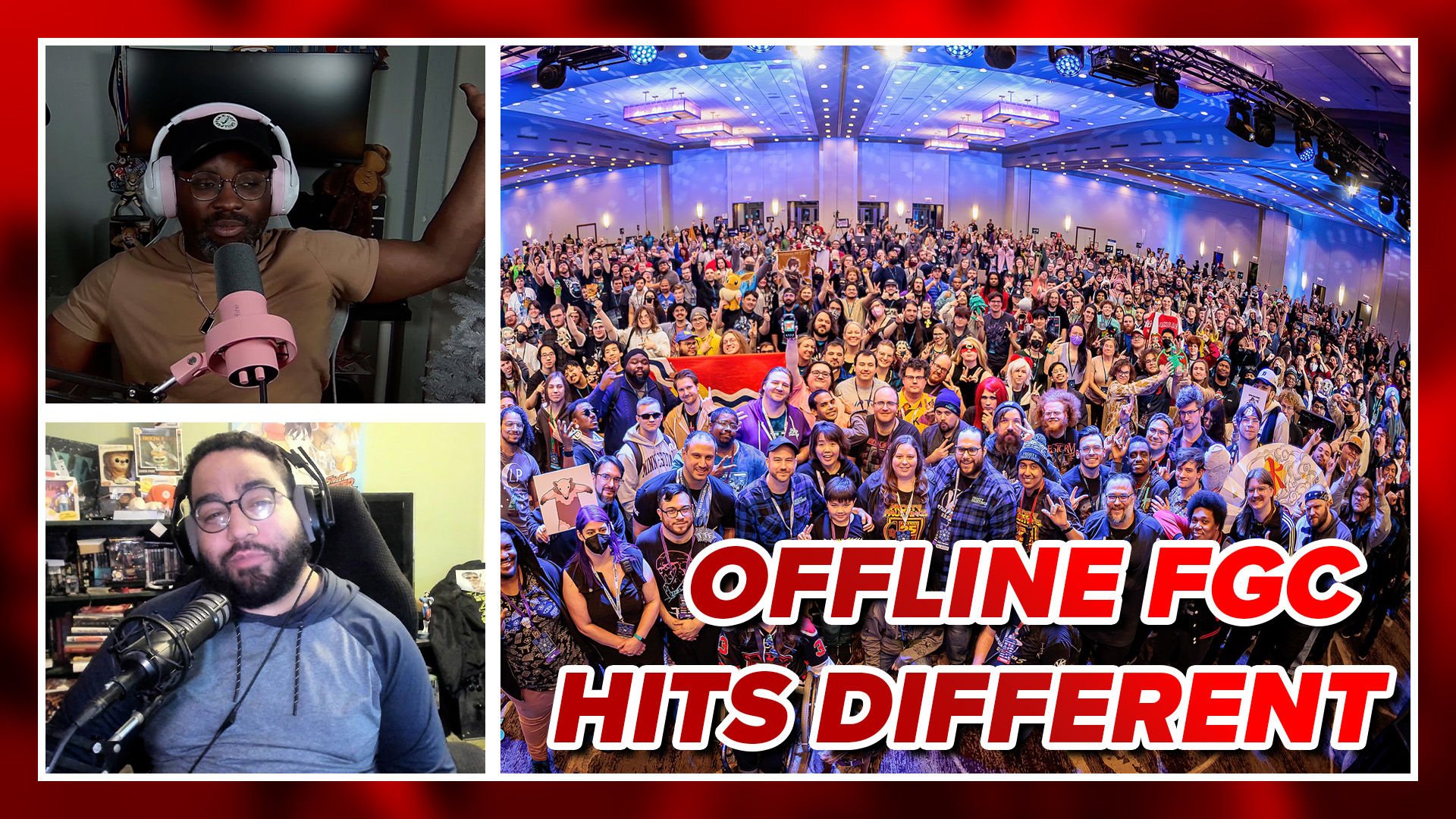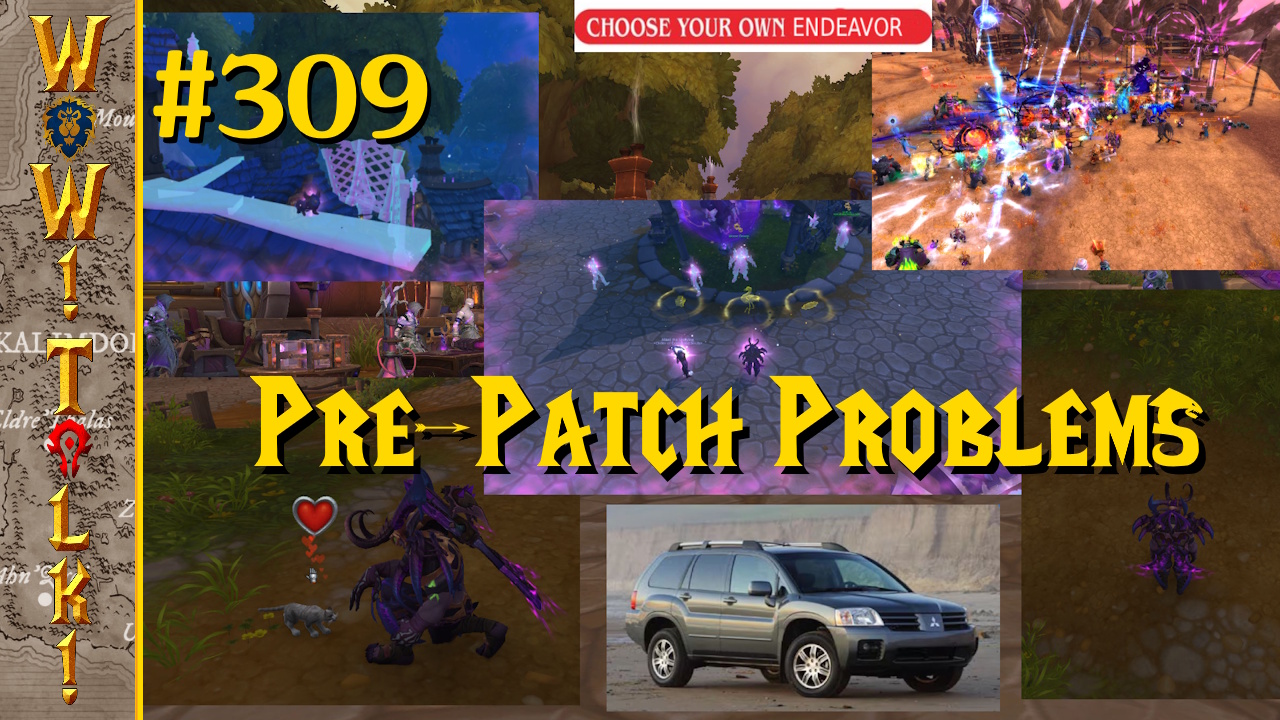
The Street series was once a pinnacle of fun that brought arcade sports back to the forefront for a new generation of players. The games became stagnant over time, however, and in doing so lost the interest of the public and quietly faded away. Now, four years later, FIFA Street has been revived and returns to try and rekindle the arcade-style magic once lost. EA Canada is responsible for the franchise’s reboot, and brings to the table expertise gained from developing the excellent FIFA Soccer 12 and the other professional soccer games before it.
The FIFA game play engine was used as the basis for FIFA Street, which mostly works out to its advantage. The graphics are solid and pleasing to the eye, players are realistic and detailed, while environments are crisp and colorful. The carried-over physics means the ball is live and never trapped in animations, making for varied outcomes to every contested possession. The engine still has a few hiccups though, as it did in FIFA 12. Collisions detection can be odd, resulting in arms or other limbs waving nonsensically in the breeze as players pass one another during animations. Full-on collisions between a pair sometimes end with only one player tumbling to the ground, while the other runs along as if nothing ever impeded their progress. It doesn’t happen often, but it’s still an eye-opener when it does.
The other, less obvious result of using the pro game engine is that FIFA Street is far more grounded in reality than its predecessors. That seems counterintuitive at first, but actually works well for this particular sport. It’s a bit unnecessary to have players jump 10 feet off walls and take somersaulting shots when one considers the amazing tricks and aerial maneuvers soccer players can already execute. FIFA 12 had a large number of tricks in its repertoire, but FIFA Street includes even more.

The game boasts over 50 unique moves for players to perform and the possible variations for those moves increases beyond an easy count due to the “Street Ball Control” and “Street Dribble” features. “Street Dribble” is an evolution of the “Precision Dribble” feature from FIFA 12, except now the ball can be moved on the fly by using the right analog stick. “Street Ball Control” allows the player in possession of the ball to square up against a defender and reposition the ball to have a better shot at getting around them with tricks. Scoring wins games, but the new features and tricks are the tools used to make scoring possible.
All the skills and new mechanics put the focus squarely on the offense in FIFA Street, and it’s the aspect of the game that is most fun. The pace of Street is fast and physical, punctuated by numerous one-on-one face-offs. Teamwork elements have their place, but crosses and passes are limited because of the variable field and goal sizes. Being a complete ball hog can still cost a team the match, but a generous amount of showmanship is encouraged.
As much fun as offense is, playing defense runs in the exact opposite direction. FIFA 12 did a great job of handling defense, but the carried-over mechanics are underwhelming in the face of such a massive offensive arsenal. The loss of a true slide tackle is probably the biggest blow to defense. It makes sense from a realistic standpoint – no one is going to be sliding three feet on asphalt with nothing but shorts on – but the awkward “going to one knee” tackle that replaced it, is a poor substitute (when it triggers at all).

Defense also exposes the single most damaging flaw to the FIFA Street reboot: poor AI. Offensively the computer acquits itself well enough. It’s not amazing, but it facilitates the player’s feats. Defense gets none of that. Computer teammates moving back and away from the net to give the opposing team a clear path to walk right up to the goal and score was a common sight in my time with the game. It would not have been such a source of frustration either—had player switching functioned in a reasonable manner. Unfortunately, switching players in FIFA Street cycles through each team member, rather than choosing a player closest to the ball. Poor switching was even a problem on offense; passing the ball would swap to the intended recipient without them having possession of the ball yet, even if an opponent cut the play off right in front of the passer.
Oddly, there is a nondescript “Player Lock” option hidden in the menus before each match that alleviates the worst AI problems. Selecting the desired player in the line-up menu keeps the user in full control of them throughout the entire match. The AI improves greatly, but the trade-off is that setting up offensive plays is harder. There is also no way to permanently enable “Player Lock,” so it has to be set before each and every match to take advantage of it.
FIFA Street‘s game mode structure is very single-player oriented, which is unlike both its pro counterpart and most EA Sports games in general. “World Tour” mode is where the bulk of the game play experience is contained. It’s entertaining though, which is the only concern that matters. The mode starts by having the user create a player who will act as captain of the team they put together to take on the world. Gamers who created a virtual pro in 12 can copy that player’s appearance over for Street without affecting their progress in FIFA 12. That player starts at level one with baseline stats and basic moves, but even the basics are enough to start embarrassing opponents on the court. Attribute increases and more moves can be unlocked as that created character levels up, eventually resulting in a streetballer who is on par with the pros represented in the game.

After picking a region of the world to begin in (and taking part in an introductory friendlies match) the user puts a starting team together to enter their first tournament circuit. Each stage (four in total in each region) has challenge matches that have to be cleared before an area’s tournament opens up. The challenges vary across the different match types that give the game its street soccer flair. There are stadium-style futsal matches as well as 5-a-side, last man standing, first to ‘X’ amount of points, a panna rules variant, and freestyle match. Clearing all the challenges in a stage allows a captain from an opposing team to be added to the user’s squad. Every challenge and tournament also has apparel and accessories to unlock based on which level of difficulty is conquered.
Outside of World Tour the game is somewhat bare. The only other choices are the practice arena, the “Hit the Streets” exhibition mode, and to play online. “Hit the Streets” is worth noting because it’s the only mode where users can use the pro and international teams. Yes, even online does not allow the use of real-world teams; it is instead devoted entirely to the user’s created player. Even so, there’s not much to do online other than online team play. Online team play is fun, especially because it eliminates the faulty AI, and every match is a different experience because of dealing with unique created players. There was never a problem with lag or control problems playing online which, in that respect keeps up the high standard of EA Sports’ online. Still, gamers used to FIFA 12‘s robust online experience would be justified in feeling disappointed.
Overall FIFA Street is a strong return for the series and is evocative of the fun present in the earlier games, rather than the lackluster ones that came later. The AI needs the most work as well as some extra tools for defenders to get up to speed with the offensive onslaught they face, but I can still walk away pleased by the game. Street is accessible to all gamers and even non-soccer fans will find it entertaining, especially when multiple people are playing on the same couch. As long as the improvements come, the next Street game (of any sport) should be a blockbuster hit.




